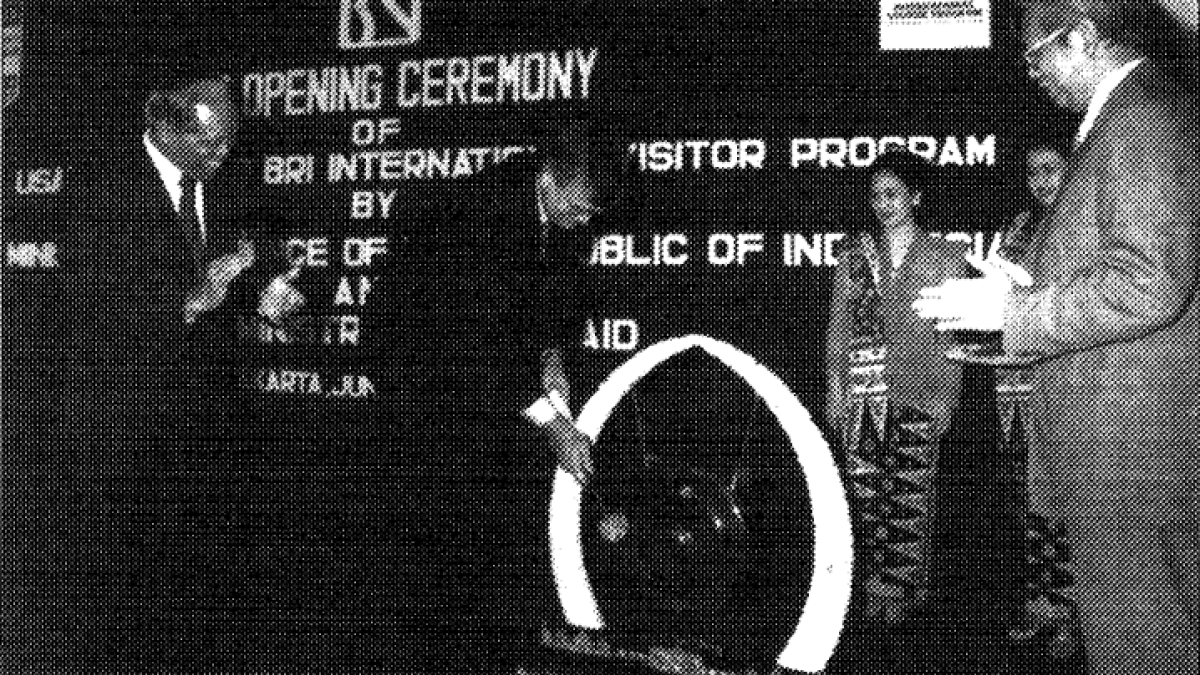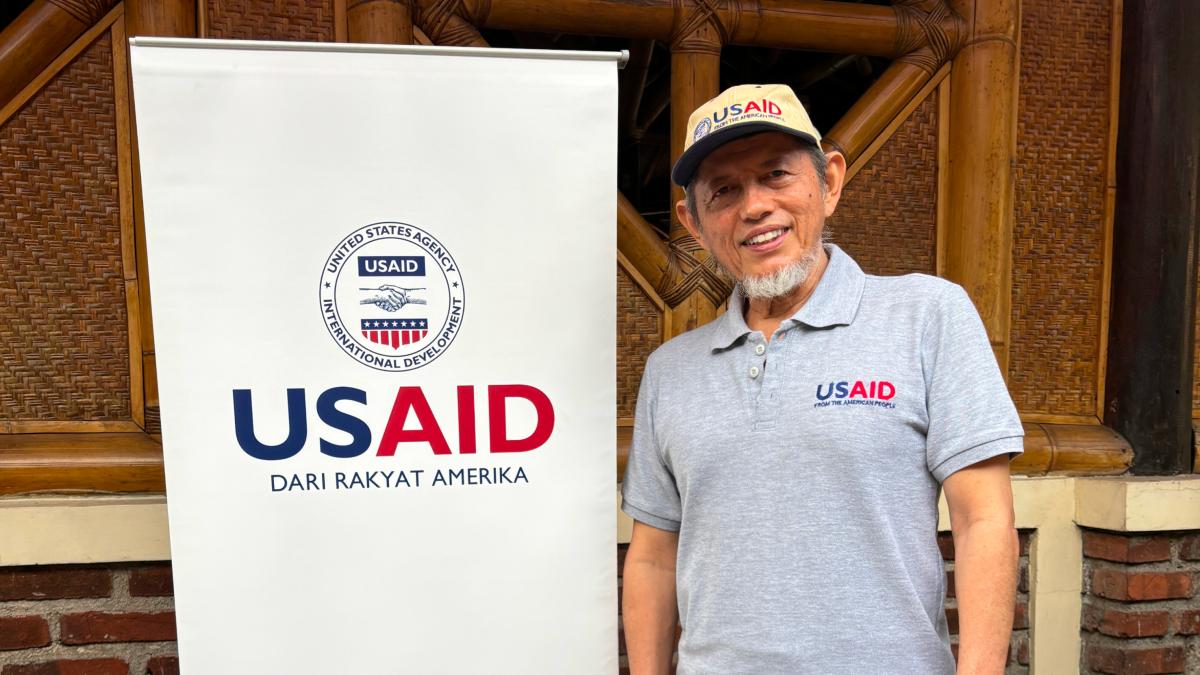Forty years ago, USAID supported Bank Rakyat Indonesia (BRI) to transform its struggling rural banking portfolio into a sustainable, profitable, and inclusive financial system. Today, BRI serves millions of rural Indonesians, helping them grow their businesses and better manage their personal finances.
In the early 1980s, BRI’s rural banking branches – known as unit desa – faced significant challenges. Aiming to promote self-sufficiency in rice production, BRI directed credit toward agriculture. However, the system suffered from poor loan repayment rates, exacerbated by a focus on issuing more loans rather than the quality of loans.
The unit desa program was growing more unprofitable each year and relied heavily on government subsidies. In 1984, the government decided it could no longer support the increasing annual shortfall that had reached $24 million (more than $70 million in today’s money), and the program was at risk of failing.
Identifying this crisis and seeing a way we could help, USAID began working with BRI to implement policies to improve the administration of the unit desa program. Our technical assistance enabled BRI to implement market-based interest rates through KUPEDES, a new program that expanded rural lending to include village-level microenterprises. By extending its lending base beyond agriculture and shifting to a more business-oriented approach, BRI was able to quickly stabilize its rural lending and move back into profitability.
In addition, USAID helped BRI launch an innovative savings scheme called SIMPEDES that encouraged rural residents to save their incomes. Giving many village communities their first access to formal savings accounts, customers enthusiastically responded to the groundbreaking initiative. By 1989, BRI’s unit desa program was totally self-sustaining, serving nearly 6.3 million savers and earning a profit of more than $25 million (more than $63 million today).
Firman Aji, who led USAID’s Financial Institutions Development program, said “I was proud to help Indonesia’s rural communities and play a role in building up BRI into the flourishing institution that exists today.”
Today, BRI operates more than 5,000 rural bank branch offices across Indonesia, serving more than 173 million micro deposit customers and over 35 million micro borrowers. BRI’s successful rural banking program demonstrates how USAID’s targeted assistance helped transform a struggling system into a driver of financial inclusion and rural economic development.





